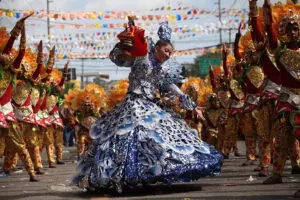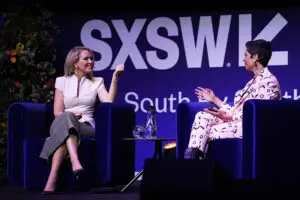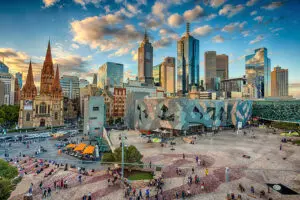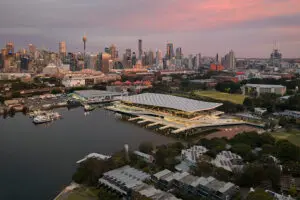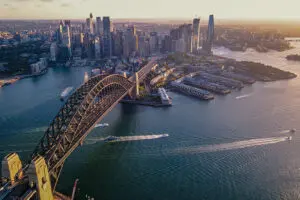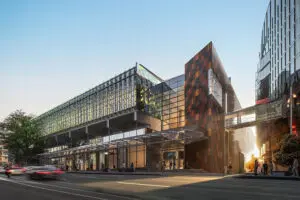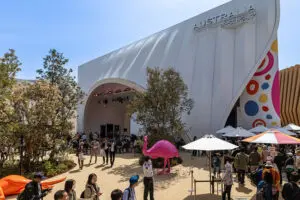In his submission to the inquiry, Thewlis points out a variety of issues, among them the conflation of the arts and creative industries at a policy level, positing that they should have separate policies and that the difference between arts events – which are considered creative – and other events, including business events, is only the purpose of the event, while all events engage many of the same creative processes and disciplines.
He also argues that the events sector fits the definition of a creative industry even though it is not considered part of Australia’s creative industries, which include areas such as advertising, digital games development, fashion, architecture, film and television.
He makes the point that creative industries in Australia are typically used for both cultural and commercial outputs – similar to the events industry.
Thewlis draws on examples of how the events industry is categorised in other countries – within the creative industries – suggesting “Australia is out of step if it draws an artificial line between ‘arts events’ and all other events”.
He calls the events industry “one of Australia’s largest creative industries” and shows how the industry integrates many other acknowledged creative industries into executed events.
“It brings together more creative disciplines than almost any other industry. We drive creativity, innovation and change,” he writes.
He calls event creation “an inherently creative process” and explains in detail event industry roles and how they align with other creative industries as well as the process through which events are ideated and then delivered as a “live creative performance”.
“This process proves that events are not just logistics or ‘admin’ functions. Every stage – strategy, concept, design, integration and delivery – is fundamentally creative work.
“The event industry combines strategy + design + performance + technology in a way that no other industry does.
“This makes events one of the most inherently creative industries, not an add-on to the arts or tourism.”
Thewlis also makes the case that business events lead on creativity, with the arts industry often following, due to “pace, budgets and risk appetite” for business events especially those delivered for the commercial sector.
He directed politicians to work from the likes of GPJ, Rizer, Alive Events Agency and Fourth Wall as proof of the creativity of the events industry.
“It is very hard to look at their work and not understand that the event industry is indeed a creative industry,” he writes.
“Unlike many industries, the event industry is creative from the very first conversation with a client right through to final delivery. It is not a production-line service – as it is a creative process at every stage.”
To those in the industry who already know themselves to be creatives, this may all seem very obvious.
But Thewlis points out that neither the ABS nor the Bureau of Communications, Arts and Regional Research consider the events industry creative – and have told him so, while the ANZSIC (Australian and New Zealand Standard Industrial Classification) code under which event management falls is “Other Administrative Services (not elsewhere classified)”.
“We need a Creative Industries Policy that embraces events, design, digital media, fashion, games and other commercial creative fields as strategic industries of the future,” Thewlis writes.
“Creativity is no longer just cultural enrichment. It is a core national capability – as essential as science and engineering.
“If Australia is to thrive in the 21st century, events and the broader creative industries must be at the centre of our national strategy.
“The event industry should be a key part of any policy that aims to really harness all of Australia’s creative potential.”








